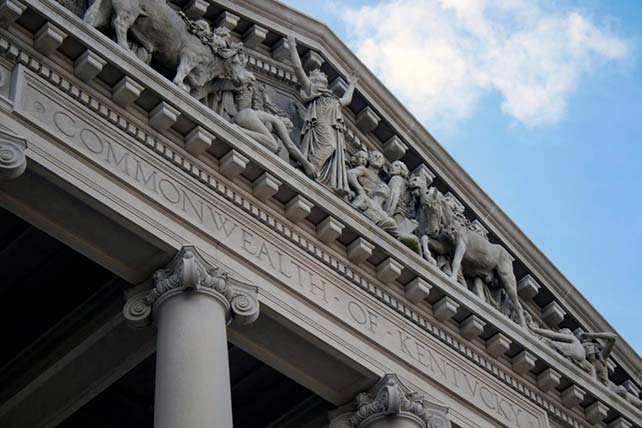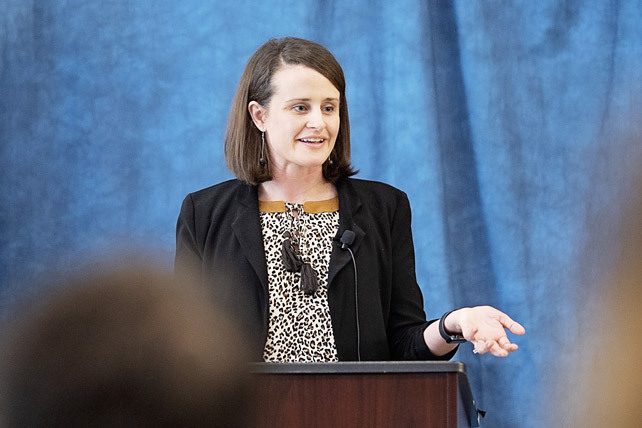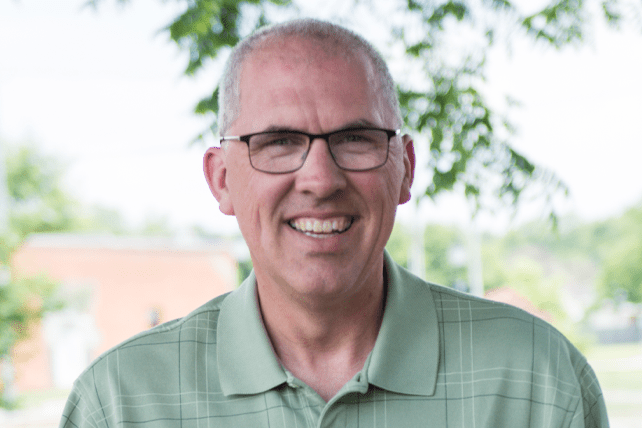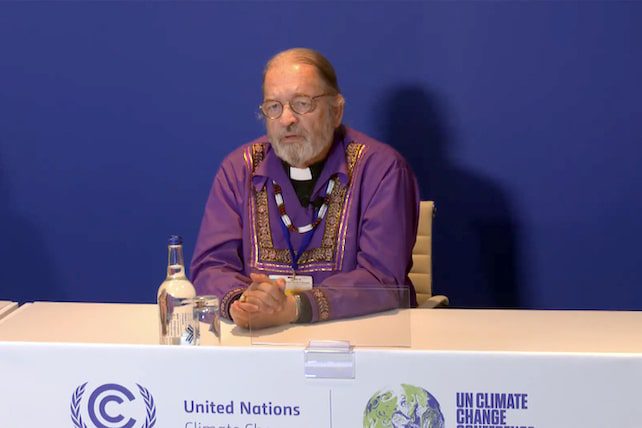Not many people attend a small group meeting expecting to experience the gift of tears.
“I don’t even know why I’m crying” – I’ve heard this statement more than once in my life. I’ve even said it out loud myself. But when I hear it in my prayer group, it has a different meaning.
Many men are taught at a young age that crying is a weakness. But tapping into and showing this type of emotion might be the most important aspect of deep community. But I’ve spent the majority of my life cut off from this type of vulnerability. I rarely saw it from my Dad, who saw it even less from his father. I was never told that men don’t cry or that it wasn’t OK, I just decided (based on my experience and what the world was saying
)that it was something only reserved for funerals and championship game defeats.
This has changed in the past few years thanks to a deeper relationship with the Holy Spirit and a better understanding of myself. And one of the most common places I find myself in tears is at Prayer Dudes, a small group within our church where men come together to pray for each other. The name might lack depth but our times together do not. The process itself is simple yet challenging.
The Gift of Tears
We gather a couple times a month in groups of 4-8. A Psalm is typically read at the start to help us push away distractions and focus on God. Then, whoever is ready to share talks about what is going on in their life and then asks for prayer with that in mind. Everyone listens and might ask for clarity, but we do our best to shy away from counseling or advice: two things that are fantastic but not the point of our time together. Then we ask to be more aware of what the Holy Spirit is doing and saying.
Then we wait. And sometimes we wait a long time.
Because we believe that God wants to talk to us today but we aren’t great listeners, the silence is essential. The silence used to bother me and I felt like if I didn’t step forward and pray that it would be too awkward for the person that was receiving. But I’m getting more and more comfortable with the silence.
Inevitably, someone will feel like God is putting a scripture on their heart for the guy that is receiving. Sometimes we get pictures and do our best to explain them and see if what we are hearing is from God and if it makes sense to the person. There are times we are praying for physical healing as well.
And we do it all with a scripture from I Corinthians in mind:
. . . the one who prophesies speaks to people for their strengthening, encouragement and comfort. (I Corinthians 14:3)
This short phrase really helps us all stay focused on what we are doing. Most of us have at one time or another felt like what we were sensing was from God but actually confirming that out loud was too intimidating. One way to vet those things out is to run things through those filters:
Is this strengthening?
Is this encouraging?
Is this comforting?
We lay on hands and pray out loud, with our eyes open while the man that is receiving often stands with his hands out in a posture of receiving. And sometimes, we can see the Holy Spirit move. Bodies shake, people feel heat, waves of peace arrive, and often, the dudes in our group cry. They experience the gift of tears.
Richard Foster’s amazing book (simply titled Prayer) talks about a time in the not too distant past when men sought after tears rather than trying to control them or repress their emotions. They called it the ‘charism of tears’ and felt that the men most to be pitied are “those who go through life with dry eyes and cold hearts.” I call it the gift of tears because I see the emotional release as a true gift from God that unlocks things that only he can unlock. It reminds us of the tenderness and love he has for us.
It’s also an invitation into more.
Of course, most of the time guys don’t shake and what God is doing beneath the surface isn’t obvious. But when we notice what the Spirit is doing, it gives us a chance to focus our prayers at that inflection point. And I’ve found that God always wants to do more when that happens.
After each guy receives prayer, they talk about what they were feeling and hearing during the prayer. This gives the rest of us a better idea of what God was doing beneath the surface and provides some clues about how we can pray for each other moving forward. And sometimes the gift of tears arrives at this point, showing us that God wants to do more and that we need to take some more time with that person.
Finally, each guy is tasked with some sort of to-do at the end. A self assigned item to respond to what God was doing and saying while they were receiving prayer. And when we gather again we ask how that went or how it is going. This accountability is sometimes the difference between a short but valuable experience and a lasting step into maturity and invitation from Jesus.
Overall, our sessions last over 2 hours because each guy receives prayer for about 20-30 minutes. And nobody can hide! You can’t “pass.” When it’s your turn you have to share and the men that are the most vulnerable typically get the most out of the experience.
It’s a commitment of over 2 hours on most mornings when we get together.
For most of us, it’s a time when we can grow deeper in relationship with each other and with God. No matter what happens when we are together, it’s the start of a conversation with our Creator. Taking what we heard or experienced to Him through the week and asking for clarity is the best approach, even though it’s easy to forget.
Finally, here are a few questions you might want to ask yourself .
-
- Do you have a group of men you can be vulnerable with?
- How about a group that practices listening to the Holy Spirit and delivering a thought or a word when it might not resonate?
- Are you accountable to anyone with the actions you want to take in response to what God is saying to you?
Joe Long is one of the elder/leaders of the Vineyard Church in Covington, Kentucky.























